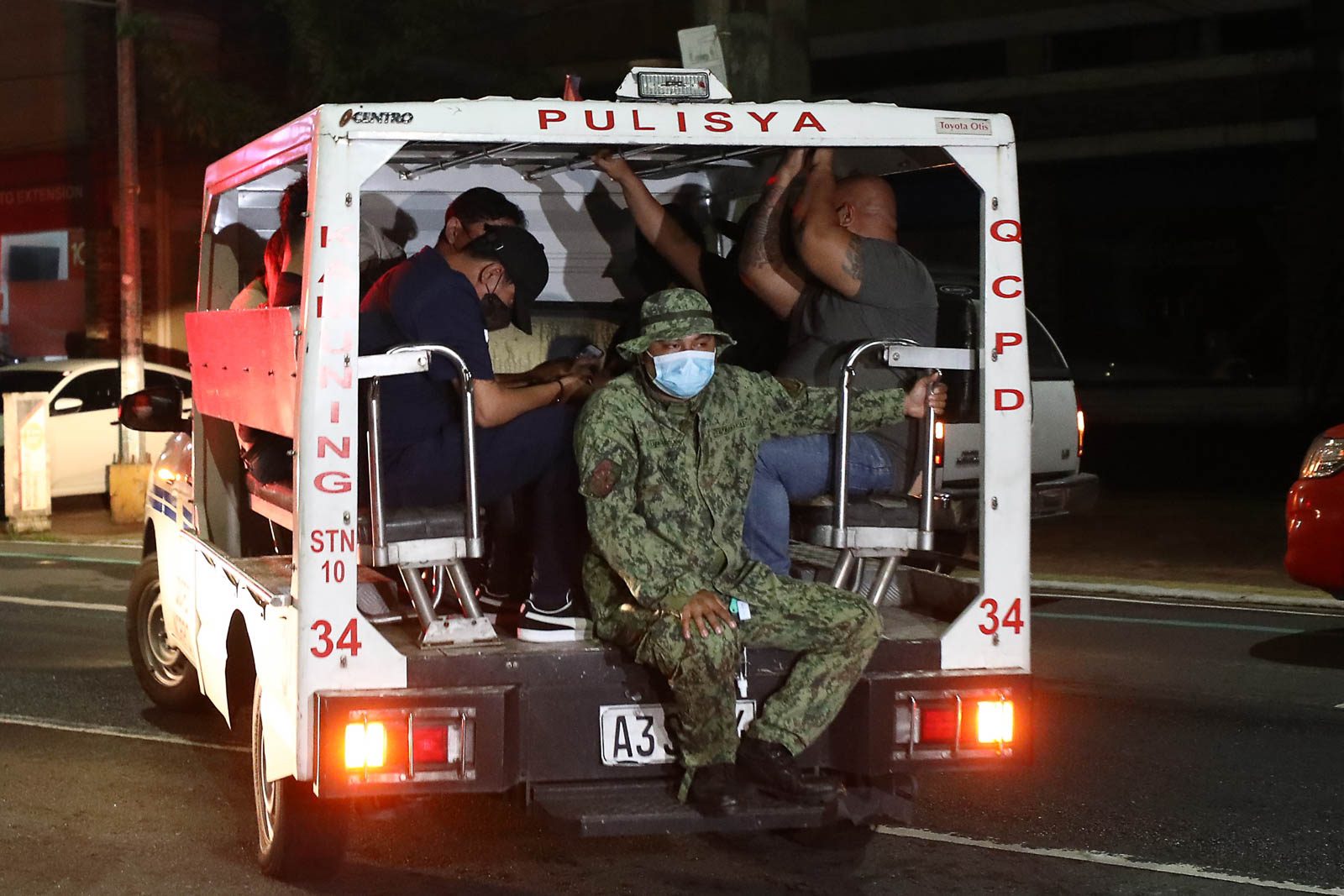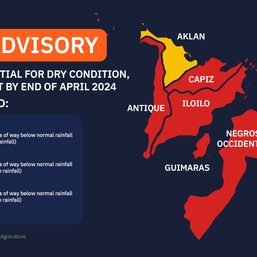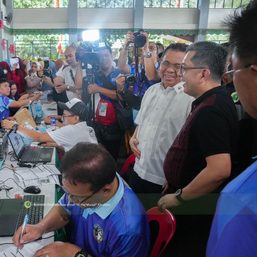SUMMARY
This is AI generated summarization, which may have errors. For context, always refer to the full article.

In the 2nd year of lockdown, Justice Secretary Menardo Guevarra changed his tune and said local ordinances would be the more relevant law to implement when it comes to apprehending people who violate quarantine.
“The more relevant legal and penal framework is the ordinances enacted by the local government units (LGUs) to control the spread of the COVID-19 virus in their respective localities,” Guevarra told reporters on Tuesday, March 23.
The secretary was asked if law enforcers could still use Republic Act 11332 or the Mandatory Reporting of Notifiable Diseases Act, which punished the non-cooperation in a public health emergency. This was what Guevarra provided at the start of lockdown in 2020, and which resulted in hundreds of arrests.
Over the past year, these RA 11332 cases have failed before different prosecutors and courts, with some saying it was a broad law that gave enforcers too much discretion. The urban poor residents of San Roque in Quezon City, however, would still stand trial for this law. They were the subjects of an angry speech of President Rodrigo Duterte in one of his anti-leftist rants.
Even Senator Koko Pimentel emerged unscathed from this law, with the case of quarantine breach against him failing at the prosecutor level.
Asked if the Department of Justice (DOJ) would categorically signal to law enforcers not to use RA 11332 anymore, Guevarra said: “It is the law enforcement agents/police who determine what specific charges should be filed, depending on the factual circumstance of each case.”
Then, he added: “To clarify, it is much more straightforward to charge a quarantine violator with an offense under a local ordinance than under a statute of general/national application, although the latter may also be applicable, depending on the factual circumstance.”
The government has put Metro Manila, Bulacan, Cavite, Laguna, and Rizal, now known as areas under the National Capital Region or NCR Plus, under a stricter lockdown where the borders to the rest of the provinces are closed, and there is a revived prohibition on mass gatherings. LGUs are also implementing granular lockdowns, or small-scale, barangay-specific blockades.
The broad law
At the start of lockdown, the DOJ provided these two provisions of RA 11332:
- Section 9(d) – Non-cooperation of persons and entities that should report and/or respond to notifiable diseases or health events of public concern
- Section 9(e) – Non-cooperation of the person or entities identified as having the notifiable disease, or affected by the health event of public concern
By the wording of Section 9(e), it appears that it would cover every single Filipino as all of us are “affected” by the pandemic. One Judge in Pasig refused to try violators under this law saying it would violate due process, as the law did not make it clear that people who did not stay at home during a pandemic were covered.
For Pimentel, who went to a hospital even when he had already taken a swab test and who got his positive result while at the hospital, the prosecutors refused to apply Section 9(d) saying the provision only covered health authorities.
In a previous petition, the San Roque residents told the court: “Going outside one’s residence is not a crime, such that anyone who does so ─ especially for a necessity as basic as food ─ cannot and should not be subject to arrest. No law makes it so.” – Rappler.com
Add a comment
How does this make you feel?


![[Time Trowel] Evolution and the sneakiness of COVID](https://www.rappler.com/tachyon/2024/02/tl-evolution-covid.jpg?resize=257%2C257&crop=455px%2C0px%2C1080px%2C1080px)







There are no comments yet. Add your comment to start the conversation.